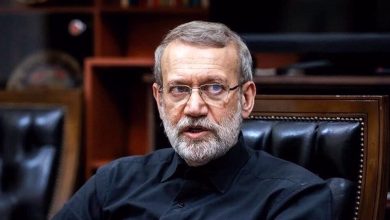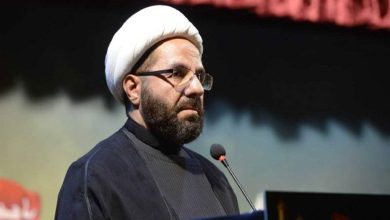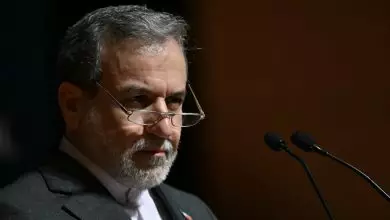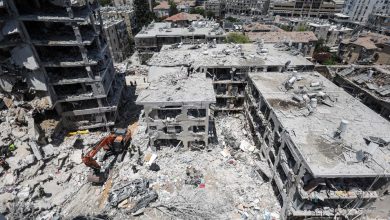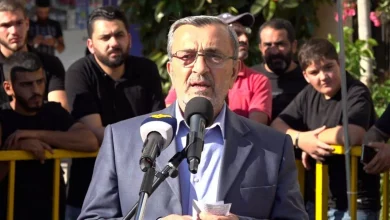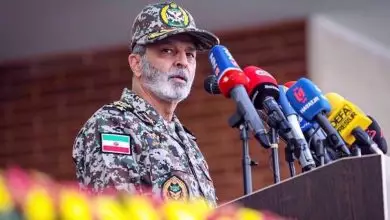Iran’s Envoy to UN Dismisses ‘Unconditional Surrender’ for Talks
Iran's Ambassador to the United Nations has stated that "unconditional surrender" cannot be construed as negotiation, highlighting the pointlessness of entering discussions with the United States if it persists in imposing terms on Iran.
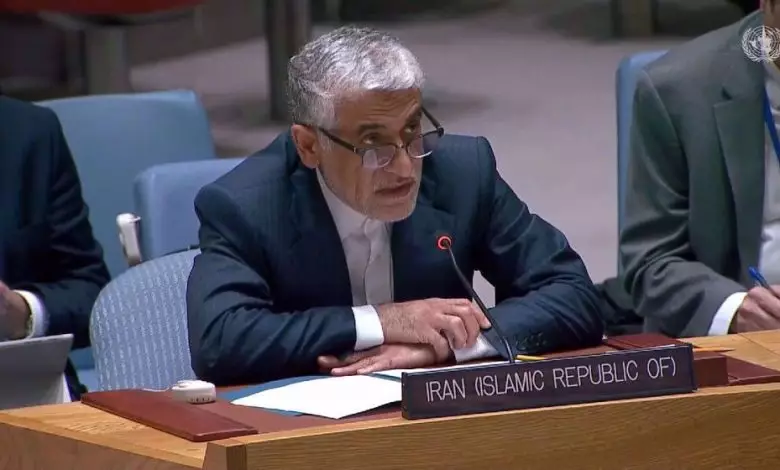
In an interview with CBS News, Amir Saeid Iravani emphasized that negotiation is fundamentally about compromise, describing it as a “give-and-take process.” Iravani argued that parties should engage in dialogue and discussions to potentially reach a conclusion, but he firmly stated that expecting an unconditional surrender does not align with the principles of true negotiation.
“If the other party is prepared for negotiation, they will find us equally prepared. However, if their intention is to impose demands, then any form of negotiation will be unattainable.”
Iravani emphasized that Iran remains resolute in continuing its uranium enrichment activities, insisting there will be no cessation by any means.
An Iranian diplomat has confirmed that while International Atomic Energy Agency (IAEA) inspectors in Iran continue to be safe, their access to the nation’s nuclear sites has been temporarily suspended, effectively pausing their inspection activities.
“They are currently located in Iran and are reported to be in a secure condition. However, their operations have been halted, and they are prohibited from accessing our facilities. Additionally, they have not carried out their responsibilities,” he stated.
Iravani highlighted the possibility that certain individuals might personally feel inclined to criticize the Agency or even issue threats against its Director-General, Rafael Grossi.
Criticism is being directed towards the Agency, with claims that it has failed to meet its responsibilities and has facilitated such aggressions against the group in question.
On June 13th, Israel initiated a surprise military offensive against Iran, executing precision strikes that resulted in the assassination of high-ranking military officials and prominent nuclear scientists. This campaign extended to attacks on nuclear and military installations, as well as residential zones.
The Iranian Armed Forces launched a series of 22 missile strikes under Operation True Promise III, aimed at various strategic locations within the territories occupied by Israel.
Ultimately, in a state of isolation and abandonment, the Israeli government declared a unilateral ceasefire, facilitated by Trump, in the early hours of June 24.

